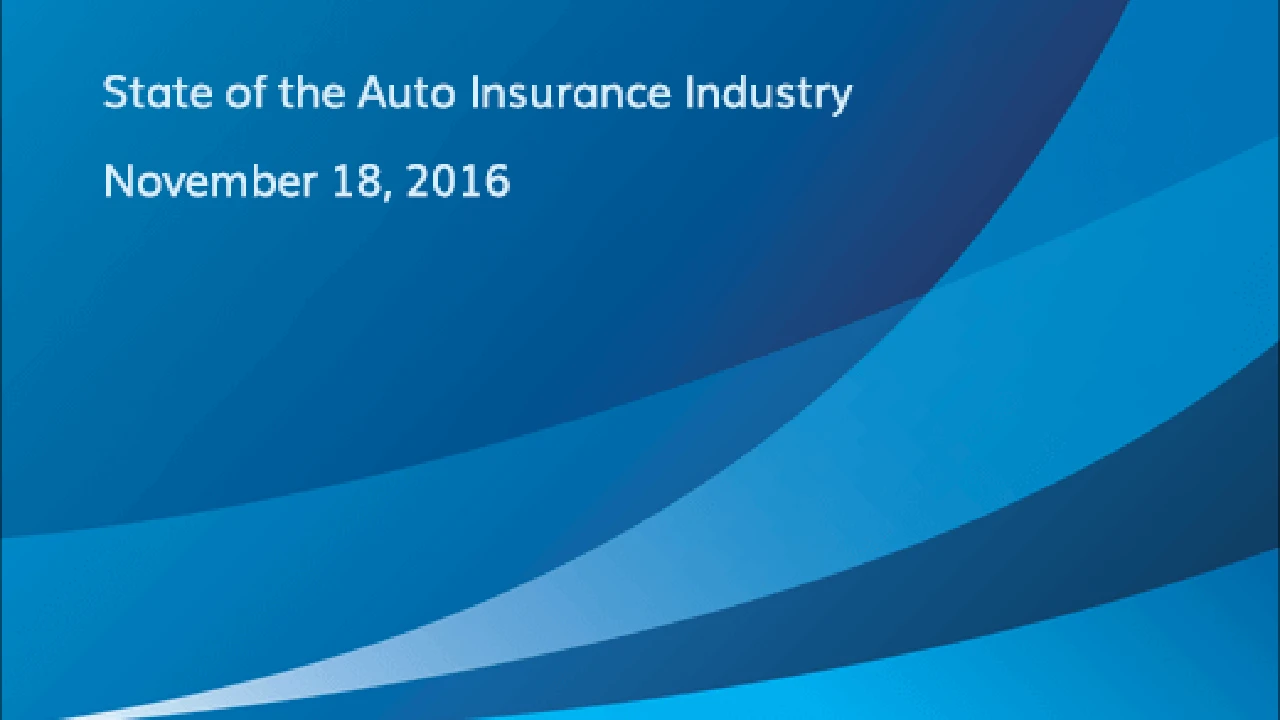The Ethics of Car Insurance: Fair Practices and Transparency

Understanding Ethical Car Insurance Practices and Fair Claims Adjustments
Alright, let's talk car insurance. We all know it's a necessary evil, right? But have you ever stopped to think about the ethics behind it all? It's more than just paying your premium and hoping you never need it. It's about fair practices, transparency, and treating policyholders with respect. We're diving deep into what makes car insurance ethical, and how you, as a consumer, can spot the good guys from the… well, let's just say, the less-than-good guys.
First off, transparency is HUGE. You should understand exactly what you're paying for. No hidden fees, no confusing jargon. If your insurance company can't explain your policy in plain English, that's a red flag. They should be upfront about coverage limits, deductibles, and exclusions. Think of it like this: you wouldn't buy a car without knowing what kind of engine it has, right? Same goes for insurance.
Then there's the claims process. This is where the rubber meets the road. A truly ethical company will handle claims fairly and efficiently. They won't try to lowball you or drag their feet. They'll investigate thoroughly, communicate clearly, and pay out what you're owed, according to the terms of your policy. Sounds simple, but you'd be surprised how often this doesn't happen!
Key Elements of Transparent Car Insurance Policies and Ethical Considerations
So, what are the key elements of a transparent policy? Look for these things:
- Clear and Concise Language: No legal mumbo jumbo! The policy should be easy to read and understand.
- Detailed Coverage Information: What's covered? What's not? Be specific.
- Explanation of Deductibles and Limits: How much will you pay out-of-pocket? What's the maximum payout?
- Claims Process Outline: What are the steps involved in filing a claim? Who do you contact?
- Contact Information: Easy access to customer service representatives.
Ethical considerations extend beyond just the policy itself. It's also about how the insurance company treats its employees and the community. Do they have a strong ethical code of conduct? Do they support charitable causes? These things can give you a sense of the company's overall values.
Comparing Car Insurance Products: Features, Benefits, and Pricing
Now, let's talk products. Car insurance isn't a one-size-fits-all deal. There are tons of options out there, and it's important to find the right fit for your needs and budget. Here are a few examples:
- Liability Insurance: This is the bare minimum required in most states. It covers damages you cause to other people or their property in an accident. Think of it as protecting your assets if you're at fault.
- Collision Insurance: This covers damage to your own car, regardless of who's at fault. So, if you hit a tree, or another car hits you, collision insurance will help pay for the repairs.
- Comprehensive Insurance: This covers damage to your car from things other than collisions, like theft, vandalism, fire, or natural disasters. Basically, anything that isn't a car accident.
- Uninsured/Underinsured Motorist Coverage: This protects you if you're hit by someone who doesn't have insurance, or doesn't have enough insurance to cover your damages. It's surprisingly common, so it's good to have.
- Personal Injury Protection (PIP): This covers your medical expenses and lost wages, regardless of who's at fault in an accident. It's available in some states, and it can be a lifesaver.
Product Recommendations and Usage Scenarios:
Let's get specific. Here are a few hypothetical situations and insurance recommendations:
- Scenario 1: You're a young driver with a new car. You need full coverage, including liability, collision, and comprehensive. Consider a higher deductible to lower your premium, but make sure you can afford to pay it if you have an accident. Product Recommendation: State Farm's "Drive Safe & Save" program can offer discounts based on your driving habits. Estimated Price: $150-$300/month, depending on your location and driving record.
- Scenario 2: You're an experienced driver with an older car. You might consider dropping collision and comprehensive coverage if the value of your car is low. Liability insurance is still essential. Product Recommendation: Progressive's "Snapshot" program can provide personalized rates based on your driving. Estimated Price: $50-$100/month.
- Scenario 3: You live in an area prone to natural disasters (e.g., hurricanes, floods). Comprehensive coverage is a must. Make sure your policy covers flood damage, as it's often excluded. Product Recommendation: Allstate offers specific flood insurance policies in addition to comprehensive car insurance. Estimated Price: Varies widely depending on your location and the level of coverage. Get a quote!
- Scenario 4: You frequently drive for a rideshare company (Uber, Lyft). You need a special rideshare insurance policy that covers you while you're driving for the company. Your personal car insurance policy typically won't cover you during this time. Product Recommendation: GEICO offers rideshare insurance policies in many states. Estimated Price: $100-$200/month in addition to your personal car insurance.
Detailed Comparison of Car Insurance Providers: Costs, Coverage, and Customer Service
Choosing the right insurance company is just as important as choosing the right coverage. Here's a quick comparison of some of the top players:
| Company | Coverage Options | Average Price | Customer Service | Unique Features |
|---|---|---|---|---|
| State Farm | Comprehensive, Collision, Liability, Uninsured Motorist, PIP | $$ | Generally good, known for local agents | "Drive Safe & Save" program, good for families |
| Progressive | Comprehensive, Collision, Liability, Uninsured Motorist, PIP | $ | Decent, strong online presence | "Snapshot" program, good for safe drivers |
| GEICO | Comprehensive, Collision, Liability, Uninsured Motorist, PIP | $ | Good, known for competitive rates | Rideshare insurance, good for online quoting |
| Allstate | Comprehensive, Collision, Liability, Uninsured Motorist, PIP, Flood Insurance | $$$ | Good, known for extensive coverage options | Flood insurance, good for homeowners |
Price Key: $ = Low, $$ = Medium, $$$ = High
Remember to get quotes from multiple companies and compare them carefully. Don't just focus on the price; consider the coverage options and customer service reputation as well.
Navigating Car Insurance Claims: Tips for a Smooth and Ethical Process
Okay, so you've been in an accident. Now what? Filing a claim can be stressful, but here are a few tips to make the process smoother and more ethical:
- Report the Accident Immediately: Don't delay. Contact your insurance company as soon as possible after the accident.
- Document Everything: Take photos of the damage, get the other driver's information, and write down everything you remember about the accident.
- Be Honest and Accurate: Don't exaggerate or omit any details. Honesty is the best policy.
- Understand Your Policy: Know what's covered and what's not. Read your policy carefully.
- Communicate Clearly: Keep in contact with your insurance adjuster and respond to their requests promptly.
- Don't Accept the First Offer: If you're not happy with the initial settlement offer, negotiate. You have the right to dispute the offer.
- Consider Legal Counsel: If you're having trouble getting a fair settlement, or if you've been seriously injured, consider consulting with an attorney.
The Future of Car Insurance: Emerging Trends and Ethical Challenges
The car insurance industry is constantly evolving. Here are a few emerging trends and ethical challenges to keep an eye on:
- Autonomous Vehicles: Who's liable when a self-driving car causes an accident? This is a big question that the industry is still grappling with.
- Usage-Based Insurance: Insurance companies are increasingly using telematics to track driving habits and offer personalized rates. This raises privacy concerns.
- Data Security: Insurance companies collect a lot of personal data. Protecting that data from breaches is a major ethical responsibility.
- Artificial Intelligence: AI is being used to automate claims processing and underwriting. This could lead to bias and discrimination.
Staying informed about these trends will help you make better decisions about your car insurance and advocate for ethical practices.
Remember to always shop around, compare quotes, and read the fine print. Your safety and financial well-being depend on it! Good luck out there!
:max_bytes(150000):strip_icc()/277019-baked-pork-chops-with-cream-of-mushroom-soup-DDMFS-beauty-4x3-BG-7505-5762b731cf30447d9cbbbbbf387beafa.jpg)






